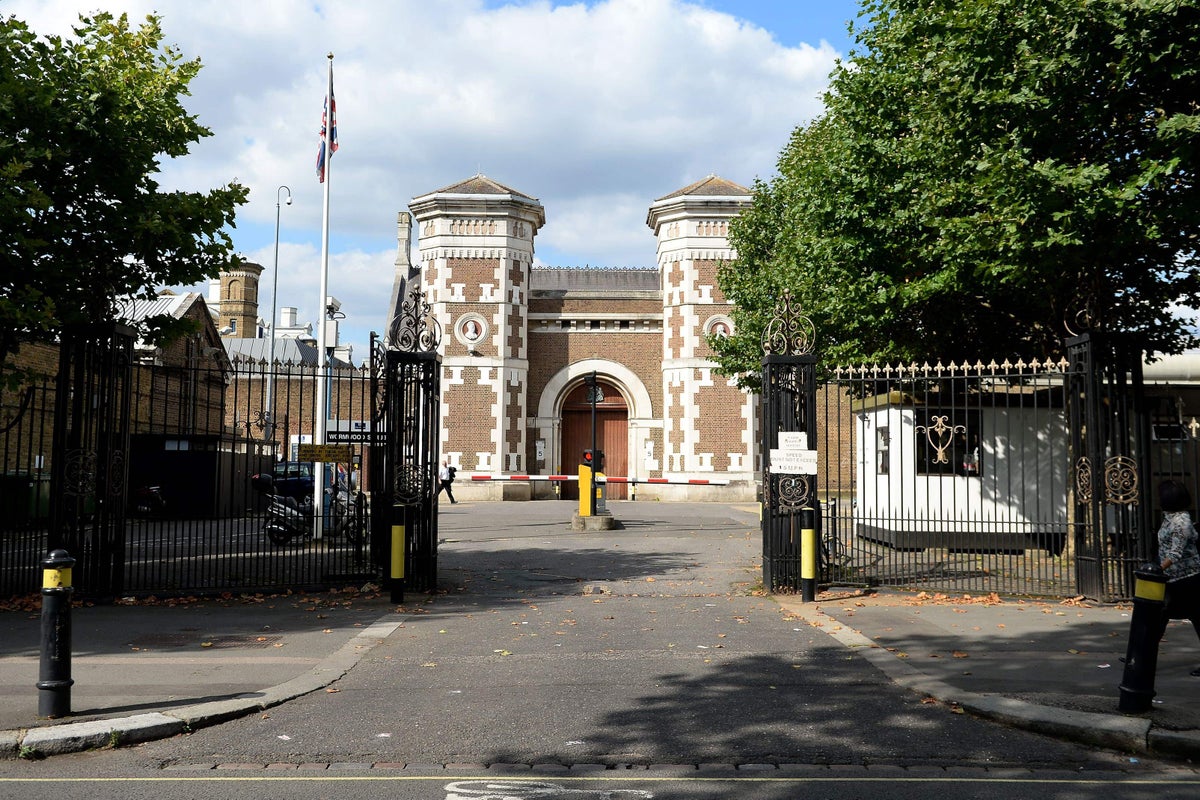Many older adults are contemplating a move to a more manageable home, but a new report highlights significant hurdles in their path.
New research from Age UK reveals the substantial housing challenges confronting older people across the UK.
The Late Movers report, based on an Opinium survey of 2,500 individuals aged 66 and over in January 2025, found widespread concerns.
Over a third (36 per cent) worried about affordability, while 42 per cent cited accessibility issues, and 35 per cent were concerned about their home's condition. Furthermore, a significant 72 per cent of respondents aged 66 to 74 anticipated difficulties with moving home after reaching 75.
The charity warns that unsuitable housing in later life can place extra pressure on health and social care services – making early planning all the more important.

If you’re starting to think about your last big move, here are seven key things to consider when downsizing or relocating later in life…
1. Proximity to friends and family
“I often see couples moving down to Cornwall and becoming very isolated because they don’t really consider how far they are going to be from everyone,” says Cornwall-based estate agent Michael Kleinman. “They are often used to seeing their grandchildren every weekend and when they move to Cornwall, they only see them for a couple of weeks in the school holidays.
“So, it tends to be a much easier move if you stay local and have that familiarity and social network around you.”However, if you are still keen to relocate, the estate agent highly recommends looking into the transport links of your potential new area. “Think about transport links to and from where your family and your network are,” advises Kleinman. “If you move to a rural area, you might be 20 miles from a railway station and driving might be no longer an option.”
2. Emotional impact
Paperwork might seem like the hardest part about relocating, but many people underestimate the emotional toll downsizing can have.
“I think a lot of people don’t really consider the emotional side of moving from the family home where they have brought up all the kids,” says Kleinman. “Going from a four/five bedroom house down to a bungalow means all those years of accumulating stuff has to be condensed down and a lot of people don’t really think about the ramifications of the emotional side and the logistical difficulties of what goes and what stays.

“You have to be very brutal and ruthless about it and that’s often easier said than done. A lot of downsizers start the process and then give up and stay where they are for another year or two because they didn’t realise how hard it was going to be mentally and emotionally.”
3. Logistics
“Another thing that many people don’t consider is how different moving house is now, compared to 40/50 years ago with things like EPCs (Energy Performance Certificates) and online ID checks,” says Kleinman. “The process can be very overwhelming if you aren’t overly tech savvy. People often start the process and get a few weeks or months into it and then find it overwhelming, so take their house off the market and have a rethink.”
Finding a good real estate agent who has the time to sit, listen and guide you through this can help make it less daunting.
“Work with an independent local estate agent and someone who can actually come around to your house and go through it with you,” advises Kleinman.
4. Location
Make sure you do your research before making a commitment to a new location.
“If you are thinking about moving to a different area, talk to local people in person or on social media groups to really get an understanding of that area,” recommends Kleinman. “I am often dealing with clients who are moving to an area where they don’t know anyone, have never been there before or have only been there once or twice on holiday.

“Cornwall, for example, is very different in the winter compared to the summer. If you have been on holiday there in July or August, you will get a very different experience in January. So, it’s important to do your research to see what it’s actually like to live there all-year round.”
5. Convenience of health services and local amenities
Think carefully about what type of amenities and local services are going to be crucial to you as you grow older.
“Think realistically about how far away the nearest inpatient hospital facilities are, how near the local GP and NHS dentists are and find out if they are taking on any new patients,” advises Kleinman. “Also, think about how easy or difficult it is to get to those services, as well as the normal town-centre facilities that you might need.”
6. Accessibility
Make sure your new home is going to be adaptable and functional for future you.
“Bungalows and apartments are the normal go-to and I think it’s particularly good to look for very new bungalows,” says Kleinman. “The reason being is that building regulations now have to follow rules set out by the Disability Discrimination Act, so many new bungalows have to have things like wheelchair access, wider doorways and plug sockets higher up the wall – features you won’t get in most Seventies bungalows.”
7. Maintenance
“None of us knows what’s around the corner and how long we’re going to be mobile for, so you really need to think about practical living,” says Kleinman. “Do you want a large garden? Is it going to be practical and manageable? When does the boiler need replacing? Will the house need frequent external painting?
“I would always guide clients towards a more modern property that is low maintenance. Lots of people think about how they are today, rather than what it is going to be like for them in 10/20 years’ time.”

.jpeg)
















.jpeg)













 English (US) ·
English (US) ·